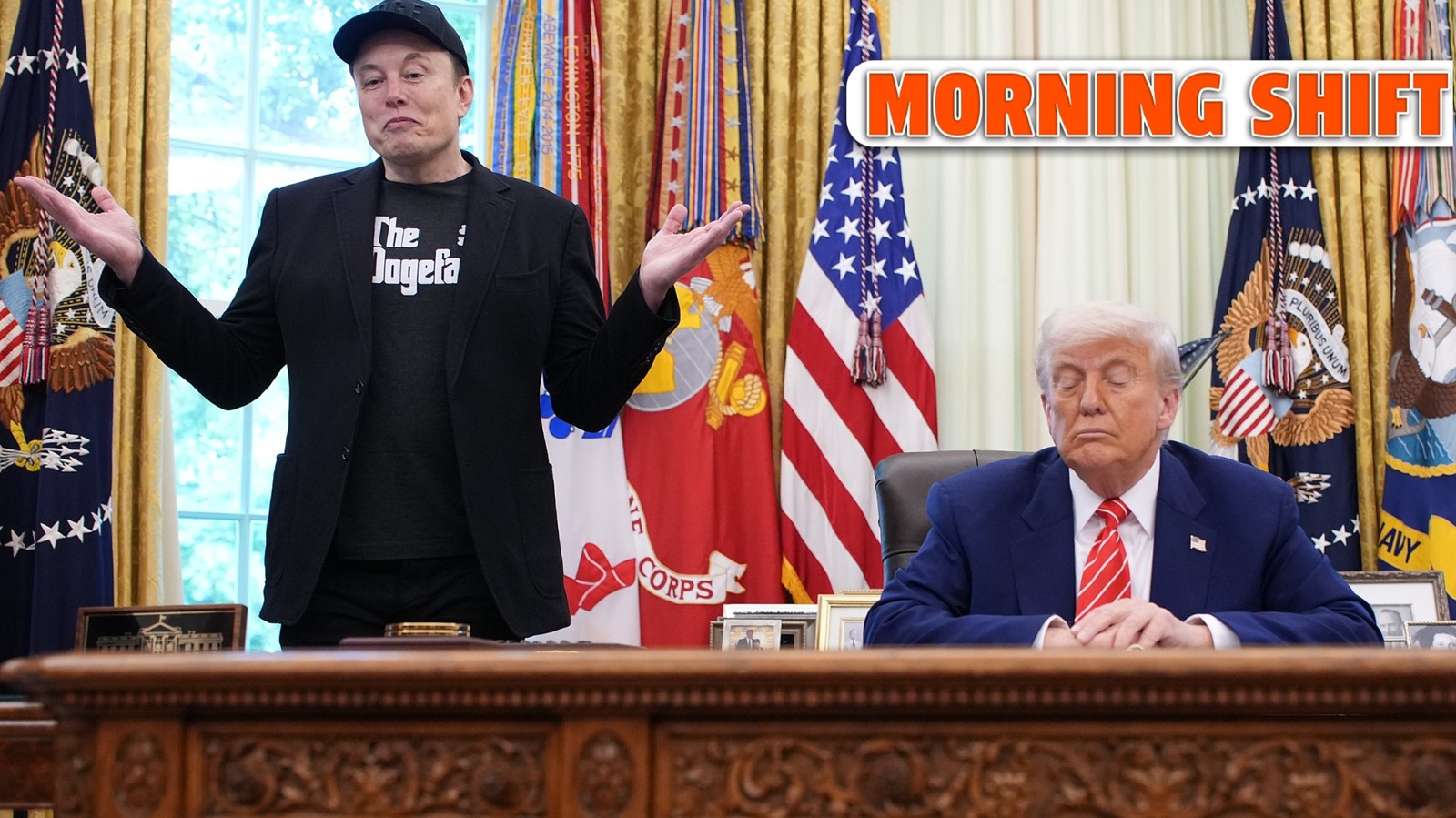By Andy Kalmowitz
Copyright jalopnik

Volkswagen is cutting production at its German factories that build VW, Audi and Cupra electric vehicles because of slower-than-expected demand for EVs and U.S. tariffs. That’s, uh, not a great sign for a company that already isn’t doing too hot to begin with.
Still, VW Group is benefiting from growing EV sales. VW itself was the top-selling EV maker in Europe in August. It even beat out Tesla, but the overall pace of growth has been far slower and less predictable than what was initially anticipated. It has left factories that were expensively retooled to build EVs with a hell of a lot of excess capacity. From Automotive News:
VW’s factory in Zwickau will halt production for a week starting Oct. 6, due to weak demand for the Audi Q4 E-tron. The model is being hit by U.S. tariffs and Germany’s push to soften the European Union’s ban on new combustion-engine car sales.
Work will also be suspended at VW’s Dresden plant during the first week of the autumn holidays in October, a VW Group spokesperson said. “The company is adjusting its production schedule to the current market situation,” the spokesperson said.
VW’s Emden plant, which builds the VW ID4 and ID7, has cut back employee hours and is also expected to shut down factory lines for several days, Bloomberg reported.
The EV production pauses follow broader capacity cuts across VW’s factory network due to weak demand. In Hanover, output of the ID Buzz and T7 Multivan will stop for five days during autumn holidays.
VW’s Osnabrueck plant is shortening each production week by at least one day through year-end and will add a shutdown week in October as cabriolet demand remains soft, German business newspaper Frankfurter Allgemeine Zeitung reported.
The automaker is ending production of the VW T-Roc Cabriolet, Porsche Cayman and Porsche Boxster at the Osnabrueck plant and said in December said it was exploring alternative scenarios for the site’s future use.
A slowdown like this isn’t entirely unexpected. It sort of reflects VW’s plans to reduce production capacity and headcount in its home country in response to rising costs, weakening European demand and intensifying competition from Chinese car companies.
At the end of last year, we reported that VW’s management and labor leaders agreed to cut capacity in Germany by more than 700,000 units and reduce its headcount by 35,000 workers by 2030.



